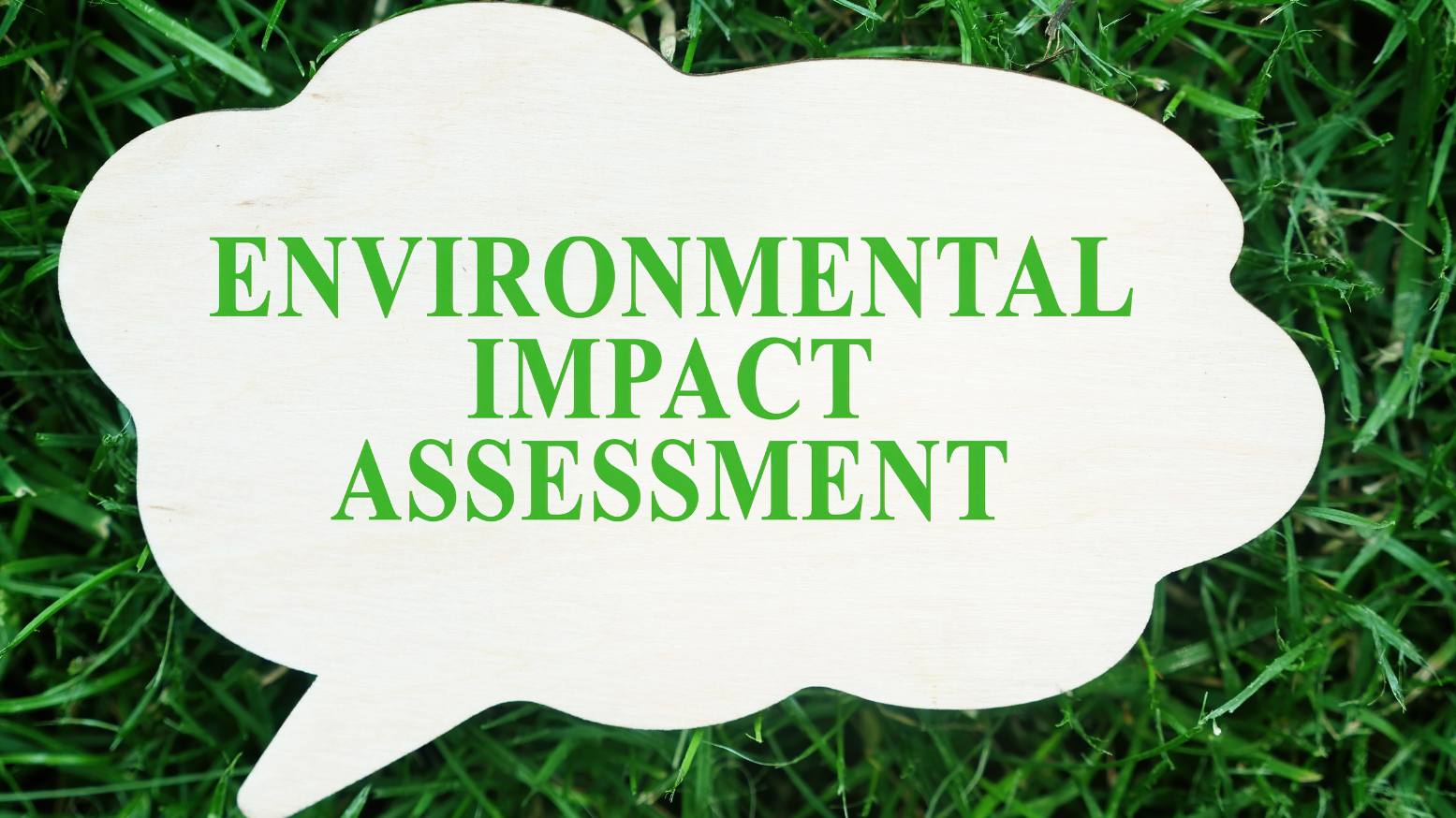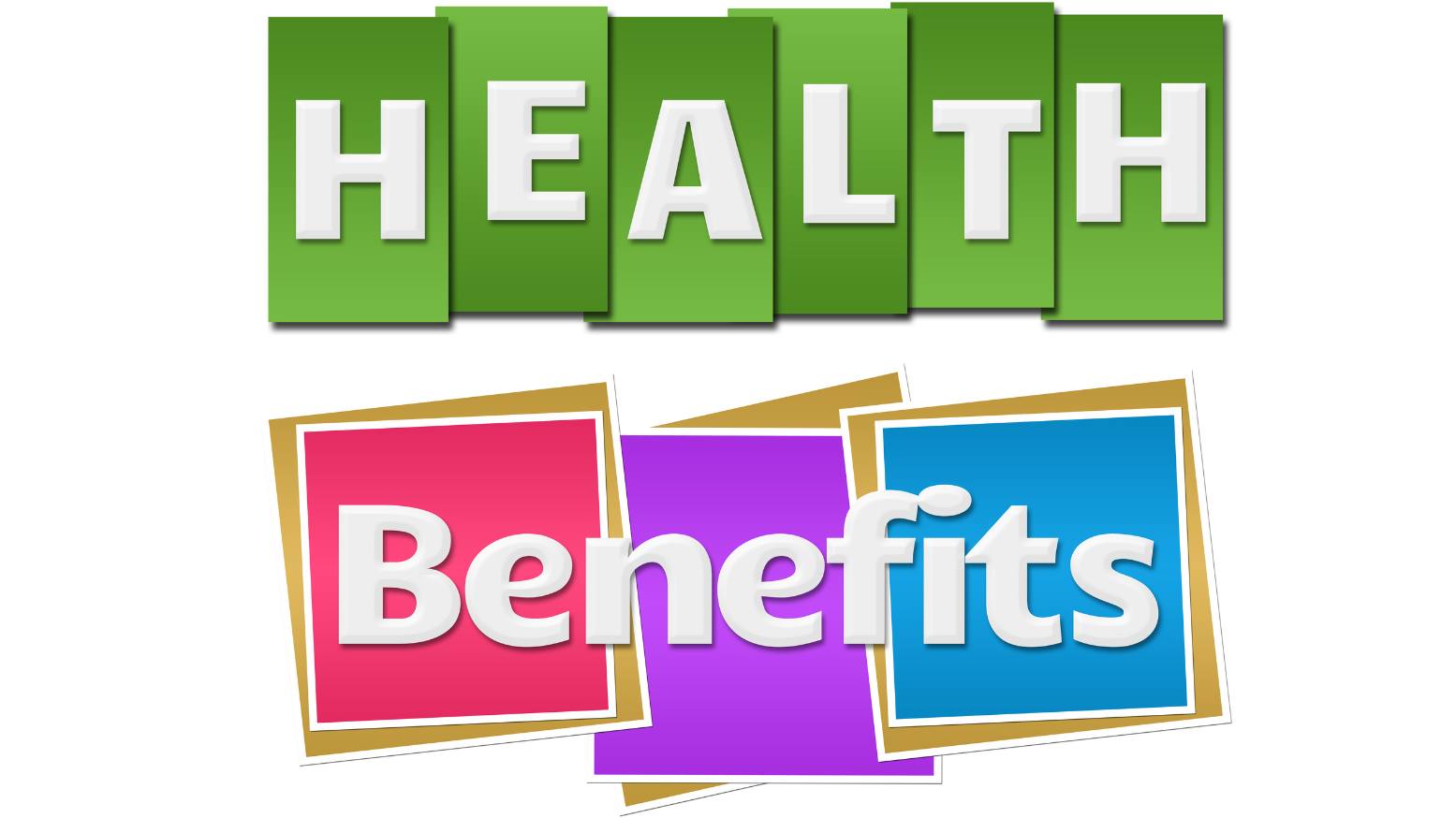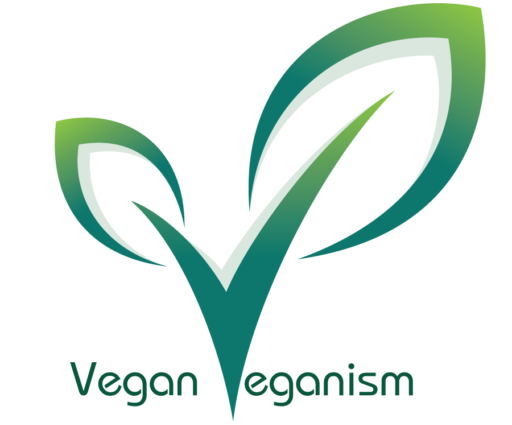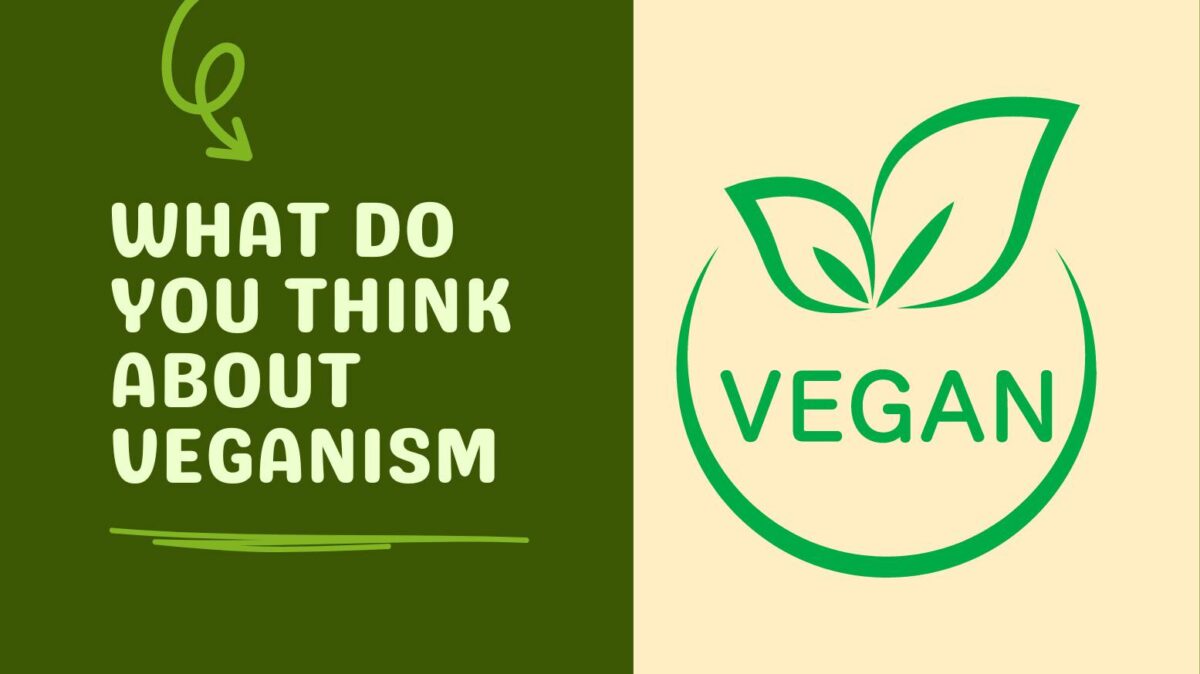My journey towards veganism has been substantial, influenced by ethical considerations, environmental awareness, and the desire to perhaps improve my health. I explore the many facets of veganism in this discourse, offering my perspectives on its principles, advantages, and associated considerations.
What is veganism for me?
For me, being vegan is a lifestyle based on moral values rather than merely a culinary preference. My commitment is based on the conviction that animals deserve to live without being exploited or harmed.
Refusing to consume any kind of animal product is a concrete way for us to show our respect and compassion for all sentient animals.
What are the advantages of veganism?
Ethical Considerations
My devotion to veganism is motivated by the ethical issues regarding animal welfare. Seeing firsthand the truth about animal abuse in a variety of sectors of the economy motivated me to align my behavior with the idea that all living things have the right to exist free from needless pain.
Environmental Impact

Another important incentive is how dietary decisions affect the environment. My choice to live a plant-based diet is my way of helping to lessen the negative effects of animal agriculture on water pollution, greenhouse gas emissions, and deforestation. It seems like a little but significant step in the direction of a more sustainable Earth.
Health Benefits

It’s no secret that there may be health benefits to veganism. Rich in fiber, vitamins, and antioxidants, a well-balanced vegan diet may lower the risk of heart disease, several cancers, and other illnesses. I am still conscious, though, of the necessity of careful preparation to guarantee enough intake of vital nutrients, especially vitamin B12, iron, and omega-3 fatty acids.
What are the challenges of veganism?
Difficulties and Myths
It’s important to recognize that becoming a vegan has its share of difficulties. Common objections include social constraints, limited food selections, and false beliefs about the sufficiency of a plant-based diet. Some contest the usefulness of a diet consisting solely of plants, arguing that humans originated as omnivores.
Nutritional Considerations
I am aware of the nutritional implications of veganism, even with the possible health benefits. Careful planning is necessary to ensure adequate protein intake and treat any deficiencies, such as vitamin B12. To fill these nutritional deficits in a vegan diet, supplements can be required.
Social Isolation
Being a vegan can sometimes lead to social isolation. It can be difficult to find appropriate selections while going to social events or eating out. It takes tolerance and comprehension to navigate society’s expectations and conventions about eating choices.
Despite these difficulties and factors, my decision to adopt a vegan lifestyle is still very personal to me. My activities have become stronger when they are in line with my ideals, which are motivated by a mix of moral, environmental, and health considerations. I acknowledge that veganism might not be the best fit for everyone, and personal dietary choices are diverse and subjective.
As I proceed on this path, I pledge to promote polite, honest conversations regarding veganism. It goes beyond what I eat to include making a larger contribution to the discussion about how our decisions affect the environment.
Whether or whether someone decides to live a vegan lifestyle, I think empathy and compassion may help close the gaps in our disparate viewpoints and create a more inclusive and knowledgeable conversation about the decisions we make and the effects they have.
You may also like:
- Why did you go vegan
- What are the main reasons you do not want to go vegan
- Is it possible for a vegan to ensure that no animals are harmed in the production of their food without growing it themselves
FAQs
1. What initially drew you to explore veganism? Was it a gradual process or a sudden realization?
My journey was multifaceted. Witnessing the unethical treatment of animals sparked my initial concerns, but the environmental impact and potential health benefits gradually solidified my decision. It wasn’t an overnight switch, but a growing awareness that led me to embrace veganism.
2. How do you handle social gatherings or meals where vegan options are limited?
I try to be understanding and flexible. Sometimes I bring my dish, research restaurants beforehand, or politely ask about accommodating options. Communication and adaptability are key!
3. Have you personally experienced any health improvements since going vegan?
While individual experiences vary, I’ve noticed increased energy levels and improved digestion. However, I emphasize the importance of careful planning and potentially using supplements to ensure adequate nutrient intake.
4. What are your go-to sources for protein on a vegan diet?
I prioritize whole foods like legumes (beans, lentils), tofu, tempeh, nuts, seeds, and whole grains. Additionally, I explore protein-rich vegetables like quinoa and leafy greens. Supplements might be necessary depending on individual needs and dietary choices.
5. How do you respond to common misconceptions or negativity surrounding veganism?
I believe in respectful dialogue and education. I address concerns with facts and personal experiences but ultimately respect everyone’s dietary choices.
6. What advice would you offer someone considering a plant-based lifestyle?
Research, explore recipes, and embrace experimentation! Start small, find supportive communities, and prioritize your health by ensuring adequate nutrient intake. Remember, it’s a personal journey, not a competition.
7. Do you ever miss certain foods you can’t have anymore? How do you cope with those cravings?
It’s natural to miss some familiar flavors. However, I focus on discovering delicious vegan alternatives and exploring new culinary horizons. Sometimes, a homemade version of a classic can satisfy a craving while staying true to my values.

